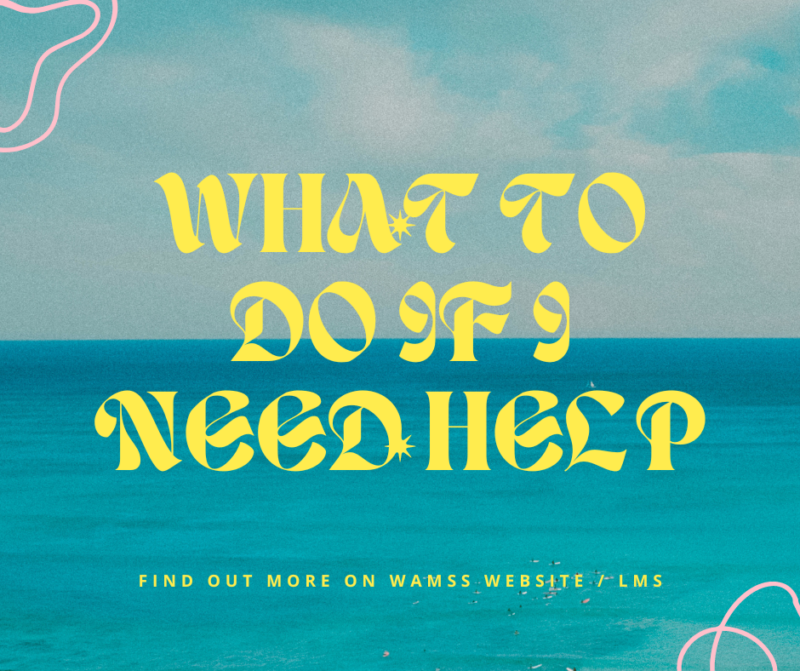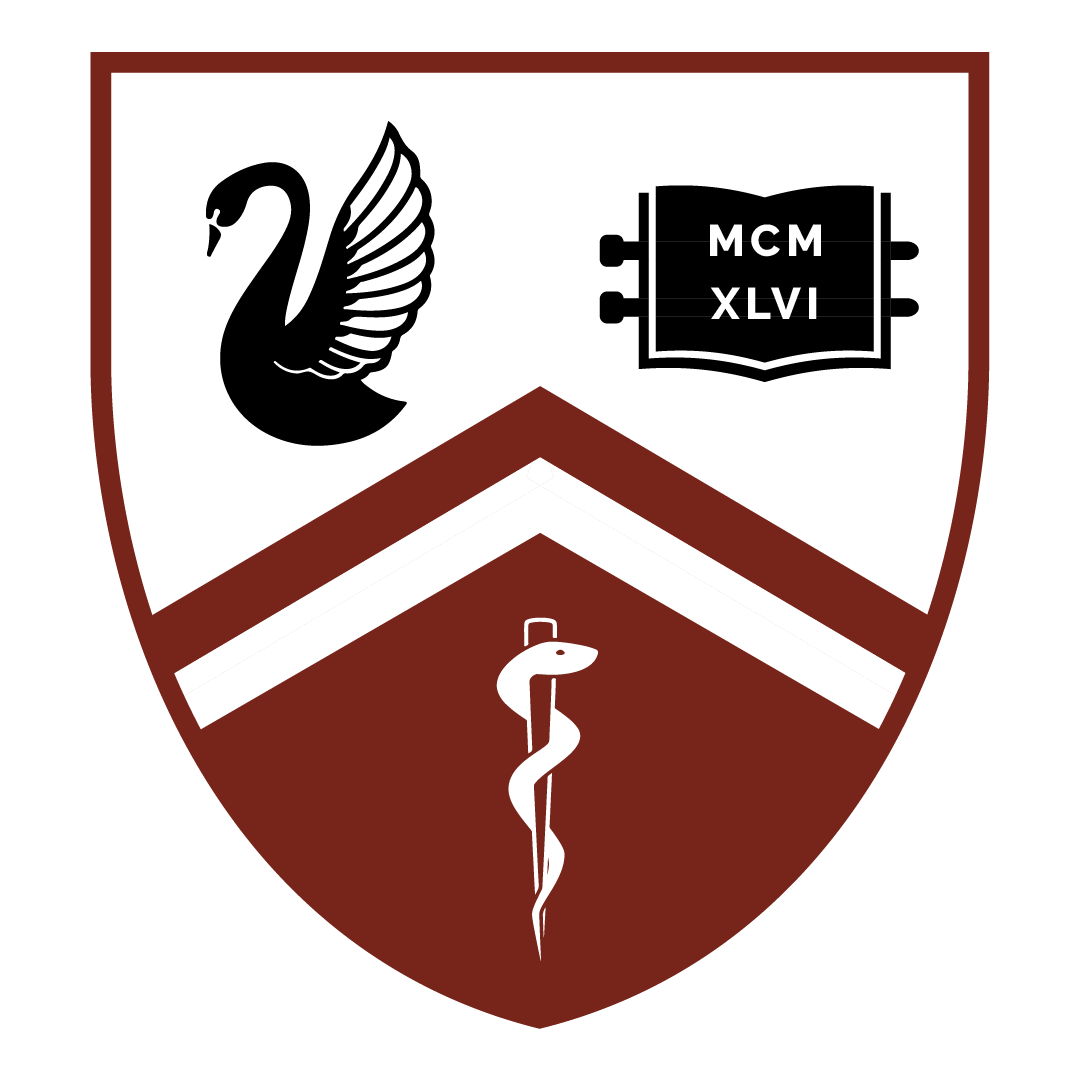
💉 COVID-19 Update
All of these supports are still available, all are available online, be it emailing your student reps or Sub-Deans/other staff members or telehealth services with health professionals.займ на юмани кошелек мгновенно круглосуточно без отказа
Do you need urgent help right now?
If your life is in danger, call emergency services 000.
You are not alone. There is always someone to hear your pain and problems, and to help you keep safe.
If you need immediate support call one of the following numbers (available 24/7, anonymous and confidential)
- Lifeline Australia – 13 11 14
- Suicide Call Back Service – 1300 659 467
- Domestic Violence helpline (1800 RESPECT) - 1800 737 732
- Headspace: call or chat with a clinician - 1800 650 890
- Alcohol and Drug Support Line: call or chat - 9442 5000
- Doctors' Health Advisory Service of WA (DHASWA) 24/7 Advice Line - 9321 3098
We welcome your feedback on this page. Got more questions? Have concerns about reaching out to any of these people or using any of these services? If you're thinking it, likely others are wondering the same too.
Please get in touch at [email protected], we'd love to hear from you!
Last edited: 2023-05-16
Help: I Need Help
If you are feeling more down than usual, don’t enjoy things you normally do, have been feeling particularly anxious or nervous, know that you are not alone.
Try talking to friends or family and make some time for self-care: you will know best what works for you. Go out for a walk or try get yourself a nice meal - there is a lot of evidence for exercise, good nutrition and mindfulness/meditation in improving mental wellbeing.
If these aren’t helping, you could consider professional help. You do not have to fit DSM criteria to be ‘allowed’ to seek help - everyone has the right to some extra support.
There are lots of people that you can talk to:
🗝️ Leave and special consideration: the medical school is very supportive of students requesting this, please find more information on how to do this through LMS (Organisations -> MD Program Community Site -> Student Support -> I need help!).
🗝️ Bullying, discrimination and sexual harassment on clinical placements: this is unfortunately commonly experienced by medical students, but it is never acceptable. This resource outlines avenues for support and resolution, we strongly encourage accessing this if you or your peers encounter any issues.
1. Your Sub-Dean
Each MD cohort has a Sub-Dean responsible for the pastoral care of students.
They are a great place to start for students feeling lost, struggling with the academics and the non-academic side of Medical School, and/or just looking for some additional support.
They are able to direct you to further service both within and outside of UWA, and are your advocate whenever liaising with other staff members.
Sub-Dean Quick Contacts
- Year 1 Sub-Dean: Dr Zaza Lyons, [email protected]
- Year 2 Sub-Dean: Dr Jacquie Frayne, [email protected]
- Year 3 Sub-Dean: Dr Brett Montgomery, [email protected]
- Year 3 RCS Sub-Dean: Dr Susannah Warwick, [email protected]
- Year 4 Sub-Dean: Dr Kate Jutsum, [email protected]
2. Your GP
Everyone should have a GP. Maybe this can convince you why. If appropriate, they can write you up a Mental Health Care Plan to link you with psychological/other allied health services.
If you don’t have a GP, try:
UWA Medical Centre on main campus
Not only are they close by, they also do bulk billing. The staff are also familiar with the university system, so they can help you more effectively.
You can usually get an appointment within a couple of days. More information and book your appointment online here: https://www.uwa.edu.au/students/need-help/medical-centre
Doctors Health Advisory Service (WA) Doctors For Doctors
24/7 confidential support line for medical students, if you are in distress, want to debrief or want to speak to a friendly doctor call: 𝟎𝟖 𝟗𝟑𝟐𝟏 𝟑𝟎𝟗𝟖
They run a ‘Drs for Drs’ program which gives medical students fast-tracked and discounted/bulk billed GP and psychologist appointments by health professions who have expressed an interest in medical student's health. Access the list here: http://www.dhaswa.com.au/drs-for-drs-list/
UWA Counselling and Psychological Services
UWA also offers up to six counselling services to students per calendar year - this could be a great place to start in just sorting out your thoughts and regaining a sense of control in your mind. They can also help justifying Special Consideration applications.
This is located at Student Services on the UWA main campus. You will first need a ‘triage’ session so they have a better idea of how they can help you, and then you will be able to book in for your six sessions as required. You can make appointments by phone (6488 2423) or by visiting the Counselling services building. For more information, see here: http://www.student.uwa.edu.au/experience/health/counselling
Guild Student Assist
Student Assist are a team of Social Workers and a Wellbeing Counsellors employed by the UWA Student Guild who assist students with any academic, welfare and financial issues they may encounter.
https://www.uwastudentguild.com/get-support
🗝️ Life hacks: If you think you might potentially maybe sometime in the future want to access Counselling and Psychological services, you are more than welcome to go for a triage session so that you have your six sessions up your sleeve, ready to go whenever you need them.
3. Other people within the UWA community who may be able to help
Your Unit Coordinator
They will be able to help with any course-related issues that may arise.
Be reassured that they are also very understanding about student-wellbeing issues too! Many have been in the Medical School for a long time and work closely with students and Sub-Deans.
Your Year Representatives & WAMSS VP Welfare
We are your fellow students and are not trained mental health professionals/counsellors/psychologists, however, if you have any questions or concerns, we are happy advocating them on your behalf and direct you to resources!
Chances are it is affecting other students as well. We are here to represent you.
Your Clinician-Student MD Mentoring Mentor
Your mentor has volunteered to be in the program as they have an interest in helping medical students grow and adapt to the challenges of medicine. They have a wealth of experience - make use of it!
UWA Chaplain and Spiritual Services
The University is committed to supporting students and staff with a diversity of cultural, religious and non-religious backgrounds and promotes interfaith conversation and collaboration wherever possible.
Religious denominations provide the Chaplains/Priests/Imam who help to fulfil that commitment. And there are many other supportive and spiritually respectful persons and groups around the University.
4. External Services
Want to talk to someone but none of the people above seem to fit?
Doctors’ Health Advisory Service: Advice Line
For Doctors in crisis, or not sure where to go for help with personal or health problems.
This totally confidential 24-hr service is available to all Doctors and Medical Students. It can be contacted by the person themselves, or by a concerned family member, friend, colleague or staff member. Callers do not need to identify themselves. It consists of a group of experienced male and female GPs, and is independent, reporting back to no other medical organisation.
Problems dealt with include stress, depression, suicidal thought, substance abuse, grief or concerns about illness. Sometimes the contact can be about impaired performance in a colleague. The Doctors do not usually provide active medical treatment, their main function being to go through the options with callers when they are faced with a dilemma, or to advise the caller on the most appropriate referral services.
beyondblue
Offers phone, online chat, email and online forums. Information on depression, anxiety and how to help yourself or a friend.
AMSA
Their website has lots of useful resources and stories. In particular, their resource Keeping your Grass Greener is really worth a read, either for yourself or to be prepared in helping your friends.
This used to be compulsory reading for first year medical students, with obligatory reflection for our portfolio after.
Based on student feedback, the portfolio has since been streamlined and this compulsory reflection was removed but we still highly recommend this resource.
https://amsa.org.au/Web/Web/Get-Support.aspx?hkey=07d3b941-5219-476b-9ded-dbcd9e8c3228
AMA Doctor and Student Resources
Resources, tools and information on doctors’ health and wellbeing. Especially useful for practical advice on how to overcome the stressors of the profession.
Medical Board of Australia
The Medical Board of Australia registers medical practitioners and medical students, develops standards, codes and guidelines for the medical profession and investigates notifications and complaints where necessary.
They have made a useful guide and video on Concerns about Health Practitioners
Reachout.com
Online youth mental health service providing information, stories, videos, forums and tools to help young people with everyday questions and cope through tough times.
Black Dog Institute
An educational, research, clinical and community-oriented institute providing information on the diagnosis, treatment and prevention of mood disorders.
Online Mental Health Tools and Apps
OnTrack
The OnTrack programs have been written by psychologists at QUT. They are free and use methods that have been shown to work. You can use the programs at your own pace, at times and places that suit you. The programs are interactive, and help you learn skills to manage your own problems.
HeadSpace
An app which offers a free two-week trial and teaches you how to meditate and boost mindfulness with guided exercises, videos, and more. Research supports this app, with evidence indicating that it helps reduce stress, increase life satisfaction and improve focus.
Smiling Mind
A free mindfulness app developed by psychologists and educators for young people. It’s focused on daily meditation and mindfulness exercises, and can help you stay calm and healthy while you’re spending more time indoors.
Smiling Mind has been shown to help manage stress, resilience, anxiety and depression, and improve general health and wellbeing. The app also includes programs in a number of Aboriginal languages such as Kriol, Ngaanyatjarra and Pitjantjatjara created with help from Central Australia’s NPY Women’s Council.




